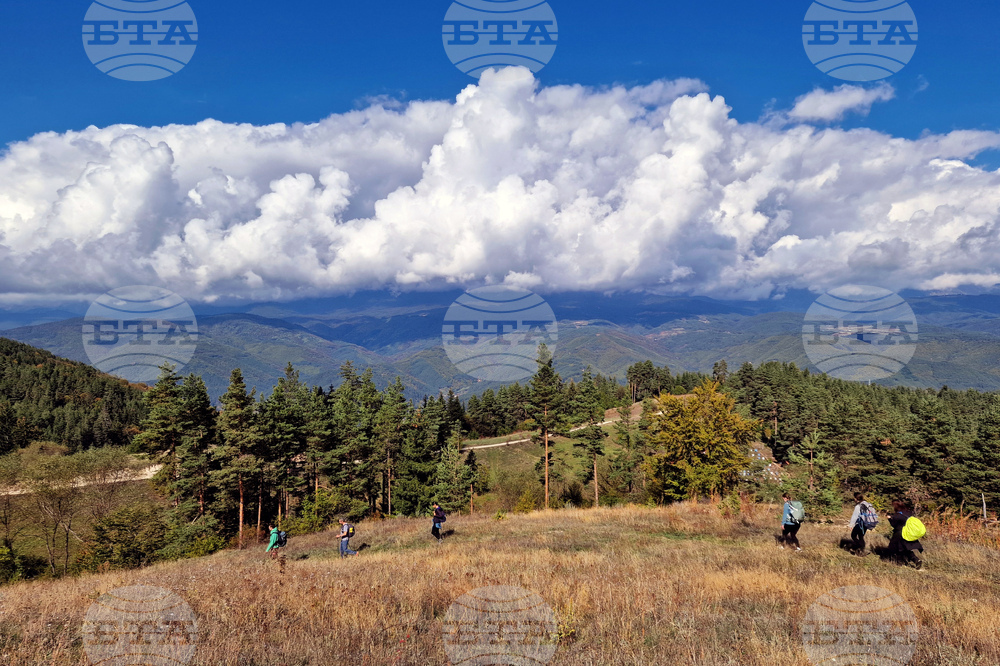site.btaRhodope Forest Cooperatives to Feature in Major EU Study on Small-Scale Forestry


A unique forest management model of forest cooperatives in the Rhodope mountains will be featured in a European study focused on small-scale forestry, Yanko Karamitev, Chair of the Gorovladelets Association of Private Forest Owners told BTA. The Chepelare-based association is the only Bulgarian beneficiary participating in the EU-funded project SMURF project for small-scale forest management that is part of the Horizon Europe program.
While various forms of forest cooperations exist across Europe, the Rhodope cooperatives are the only ones that manage forest areas in shared ownership, Karamitev explained. These cooperatives have proven to be a successful business model in the Chepelare and Smolyan regions and could serve as a viable alternative for sustainable forest management in other European countries, he argued. This aligns with one of SMURF’s key objectives—to encourage small forest owners to consolidate and collaborate in managing their properties. During the project's first conference, held from May 20 to 22 in Rome, forest property fragmentation was identified as a common challenge across Europe.
The Gorovladelets Association is currently conducting research on 15 small forest holdings in the Rhodope mountains, the Balkan Range and the Troyan region. The results from surveys and studies will contribute to a comprehensive European report on small forest enterprises. In line with SMURF’s project requirements, various types of holdings have been analyzed—featuring different tree species, land areas, and ownership models. Forest users and owners responded to questions regarding the main challenges they face in managing their forests.
A recurring viewpoint among respondents is that forest owners cannot rely solely on income from timber harvesting, Karamitev noted. He pointed out that forest ownership is increasingly seen in Bulgaria as one of the least desirable forms of property. In recent years, forest holdings have been subject to growing restrictions, with rising public expectations placed on forest conservation, but without adequate incentives or benefits for owners. Against this backdrop of persistent forest fragmentation—both in Bulgaria and across Europe—Karamitev emphasized the advantages of cooperative forest management. The Rhodope cooperatives’ experience will be included not only in the European study but also in video documentaries showcasing the work of the Gorovladelets association for SMURF project partners.
A specific issue for Bulgarian forest owners is the continued absence of compensatory payments for land included in Natura 2000, the EU biodiversity conservation network, the association leader added.
As a partner in SMURF, Gorovladelets is also a member of Laurus, a European network of private forest owners. The forest cooperatives from Chepelare are already participating in online discussions and training sessions alongside 35 associations from over 15 countries. According to Karamitev, the association's participation will foster experience-sharing between forest owners and their representative organizations throughout Europe.
/NF/
Additional
news.modal.image.header
news.modal.image.text
news.modal.download.header
news.modal.download.text
news.modal.header
news.modal.text
